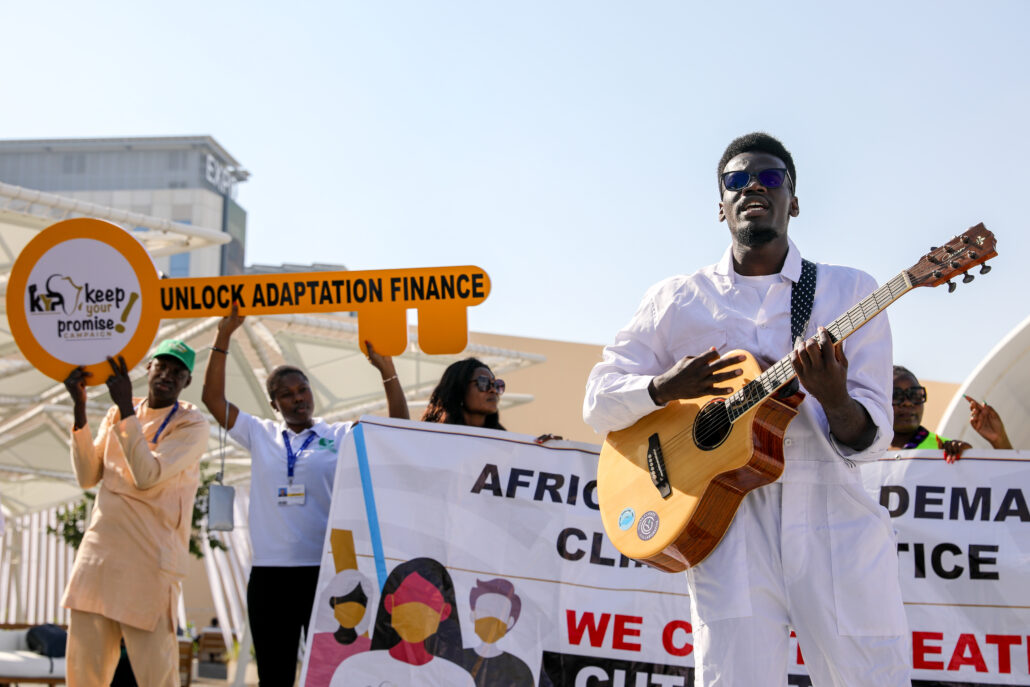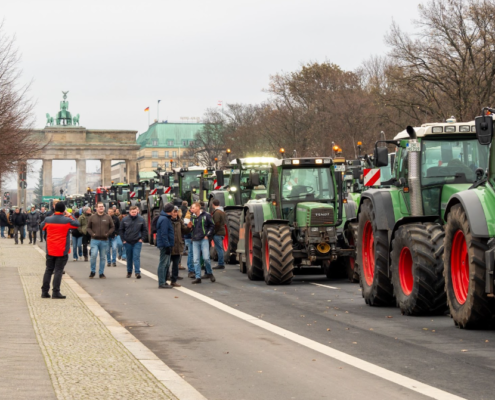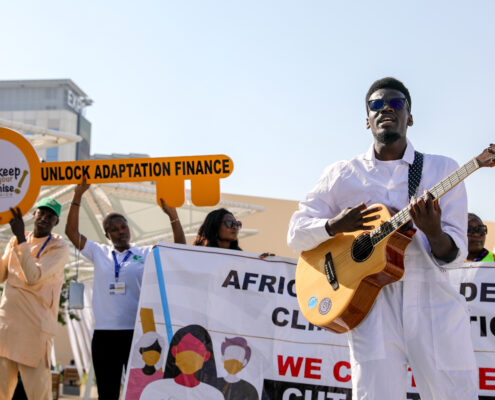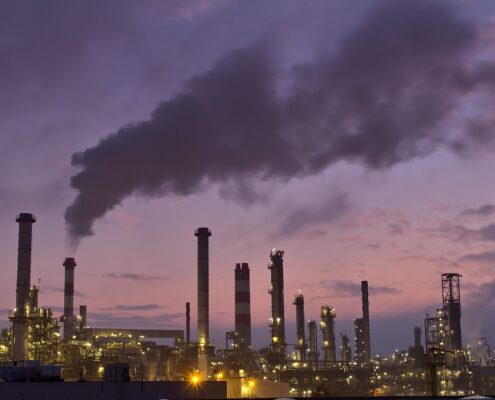 https://greenmarked.it/wp-content/uploads/2024/06/agriculture-2361978_1280.jpg
779
1280
Etienne Hoekstra
https://greenmarked.it/wp-content/uploads/2022/01/LOGO-GREENMARKED-SITO-600x600.png
Etienne Hoekstra2024-06-28 18:34:132024-06-29 10:24:20Balancing Agriculture and Sustainability in the EU
https://greenmarked.it/wp-content/uploads/2024/06/agriculture-2361978_1280.jpg
779
1280
Etienne Hoekstra
https://greenmarked.it/wp-content/uploads/2022/01/LOGO-GREENMARKED-SITO-600x600.png
Etienne Hoekstra2024-06-28 18:34:132024-06-29 10:24:20Balancing Agriculture and Sustainability in the EUDecember 29, 2023

The 28th United Nations Climate Change Conference (COP28) has taken place from November 30th to December 12th in Dubai. Here are some of the main points, important decisions, declarations, and outcomes.
Global stocktake
Eight years ago, on December 12th 2015 196 parties signed the Paris Agreement on the COP21. It entered into force almost a year later, on November 4th 2016. The main goal was not to let the global temperature average raise over 1.5ºC compared to pre-industrial levels. A couple of years later, in November 2022, the COP27 was held in Egypt, and one of the outcomes was the Global Stocktake [1]. The idea was to do a complete inventory of the progress made in each of the targets from the Paris Agreement. In this last COP28, this Global Stocktake has been analyzed for the first time, including the three main levels of action defined in Paris: adaptation, implementation, and mitigation.
The report says that our current situation shows some gaps in the Nationally Determined Contributions (NDCs), which are the emissions allowed per country, and the National Adaptations Plans (NAPs), which are the plans and policies related to climate change for each of the countries [2].
About mitigation, the main highlight of the report is the need to triple the inversion in renewable energy and double it on energy efficiency measures by 2030. They also mention the urgency to accelerate the actions to take to maintain the 1.5ºC objective.
When it comes to adaptation, on the other hand, what seems to be the need is to strengthen capacity and resources, especially financial ones. An agreement has been reached to double the adaptation budget by 2025, and another one to work harder on developing stronger National Adaptation Plans, focusing on grants for developing countries to follow the leave no one behind philosophy. It is also interesting to note the narrative of ecosystem-based solutions and the references to improving the resilience and resistance of the ecosystem.
In terms of implementation, the main and most urgent agreement reached has been the approval of a pledge to deliver $100 billion and set new goals on global finances dedicated to climate change.
The COP28 has been structured around the problems and objectives described by the Stocktake, and some of the main declarations have dealt with Energy, Agriculture, Climate and Health.
Global renewables and Energy Efficiency Pledge
One key point that has been treated in depth this year has been energy. It is important to control and reduce emissions arising from energy production, which is the most emission-emitter sector according to the Global Stocktake. The text started by noting that the collective goal for global warming is still well below the +2ºC scenario (which was being discussed by some entities) and that keeping it under +1.5ºC will be strongly pursued [3]. As mentioned before, to attain this, we need to triple our renewable energy capacity by 2030 and double the energy efficiency rate – this means, an annual increase from 2% to 4%, then from 4% to 8% –, every year until 2030 as well. A positive take is a remark about how several countries, including developing ones, are making progress with the implementation of renewable energies, which is also related to the progress regarding the NDCs.
To attain the objectives of this pledge, the main enablers cited are funding for renewables and efficiency, acceleration of permits for renewable projects, improvement of cross-border grid connections, encouraging behavior change and raising public awareness.
Declaration on Sustainable Agriculture
Another sector with a considerable percentage of global emissions is agriculture, which also needs to be targeted. Agriculture is a key component of the well-needed systemic change in order to deal with climate change and the ecological crisis. In this declaration, 134 countries have agreed on several points that need work [4]. Some of them are working on food security, especially for vulnerable people through protection systems. Also, supporting workers in food systems threatened by climate change, most of them with added specific needs like women, youth and children, and indigenous people or smallholders. The objective is to maximize the climate and environmental benefits of food systems, reducing harmful impacts and enhancing the conservation of ecosystems.
The resources to achieve it will be based on the integration of food and agricultural systems into NAPs, policies to subsidize the least emitting activities, or providing access to science innovations and technologies, as well as local and indigenous knowledge that can increase sustainable productivity.
Declaration on Climate and Health
After the pandemic, the relationship between ecosystem and planetary health, and human health, seems to have reached a new point. The concept of One health, the integration of people, biodiversity, and environmental health, has a growing importance. In the Declaration on Climate and Health, 123 countries signed some objectives that were established to work with during the next decade [5]. These are referred to improve health systems to anticipate climate-sensitive risks, to address environmental factors related to illness and health, to promote and strengthen research – trans and inter-disciplinary –, and international and cross-sectoral collaboration.
Considerations
This is a summary of some of the most relevant points that have been dealt with and approved during COP28. We will have to wait until next year to see the new NAPs that each of the countries from the COP have to present between next year and the beginning of 2025, to check if they are ambitious enough. Another good improvement that we have obtained from this year’s COP is the approval of an annual surveillance program for all countries’ NDCs. In 2024, the big topic agreed that will be discussed apart from this is funding and finance. The objective of 100 billion dollars by 2022 will be assessed to see if it was met. It will also deal with a very much-needed reform of the financial systems in regard to climate change. The pressure will be on the G20, Multilateral Development Banks, and other finance institutions.
As for the actual outcomes from this year, it is quite remarkable the mention in the final draft to progress towards a world without fossil fuel. Until now, stopping coal use was on the papers, but it is the first time that oil and gas are mentioned as well. Although the European Union wanted a mention to end all permits to new carbon-emitting energy permits, the final draft only includes a mention to reduce them.
Energy has been a widely discussed topic, as seen in the agreement to increment by three renewables and double efficiency. However, we must be cautious with this approach. The idea of just changing from one source of energy (fossil fuels) to another “better” one (renewables), distracts us from what should be our main concern: the objective is still (economic) growth. The objective of substituting all fossil fuels with green energy (green includes renewables and nuclear, as well as carbon capture systems, to be clear) by 2050 is still part of the current philosophy, which should be targeted as well, but still isn’t. We cannot continue thinking that carbon capture will be enough to offset atmospheric pollutants, it is not enough to gloss over them with more technology. Degrowth has been left out of the table when a decrease in production and consumption is vital if we want to deal with climate change and the ecologic crisis.
As a finishing note, let us take the words from the own Conference of the Parties, and say that an agreement is only as good as its implementation, and let us see how all of the declarations and pledges are enforced. For the moment, we seem to be taking some shy steps forward when we are still in need of a huge jump.
Related articles:
References:
[1] Paris Agreement to the United Nations Framework Convention on Climate Change (2015, December 12). Retrieved on 19 December from https://unfccc.int/sites/default/files/english_paris_agreement.pdf
[2] United Nations Framework for Climate Change Global Stocktake Report (2023, December 14). Retrieved on 16 December from https://www.cop28.com/en/gst
[3] Global Renewables and Energy Efficiency Pledge (2023, December 2). Retrieved on 17 December from https://www.cop28.com/en/global-renewables-and-energy-efficiency-pledge
[4] Declaration on Sustainable Agriculture, Resilient Food Systems, and Climate Action (2023, December 4). Retrieved on 16 December from https://www.cop28.com/en/food-and-agriculture
[5] Declaration on Climate and Health (2023, December 3). Retrieved on 19 December from https://www.cop28.com/en/cop28-uae-declaration-on-climate-and-health
Cover and preview image: Pan Africa Climate Justice Alliance at the UN Climate Change Conference COP28 at Expo City Dubai (December 6, 2023). Photo by COP28 / Mark Field







